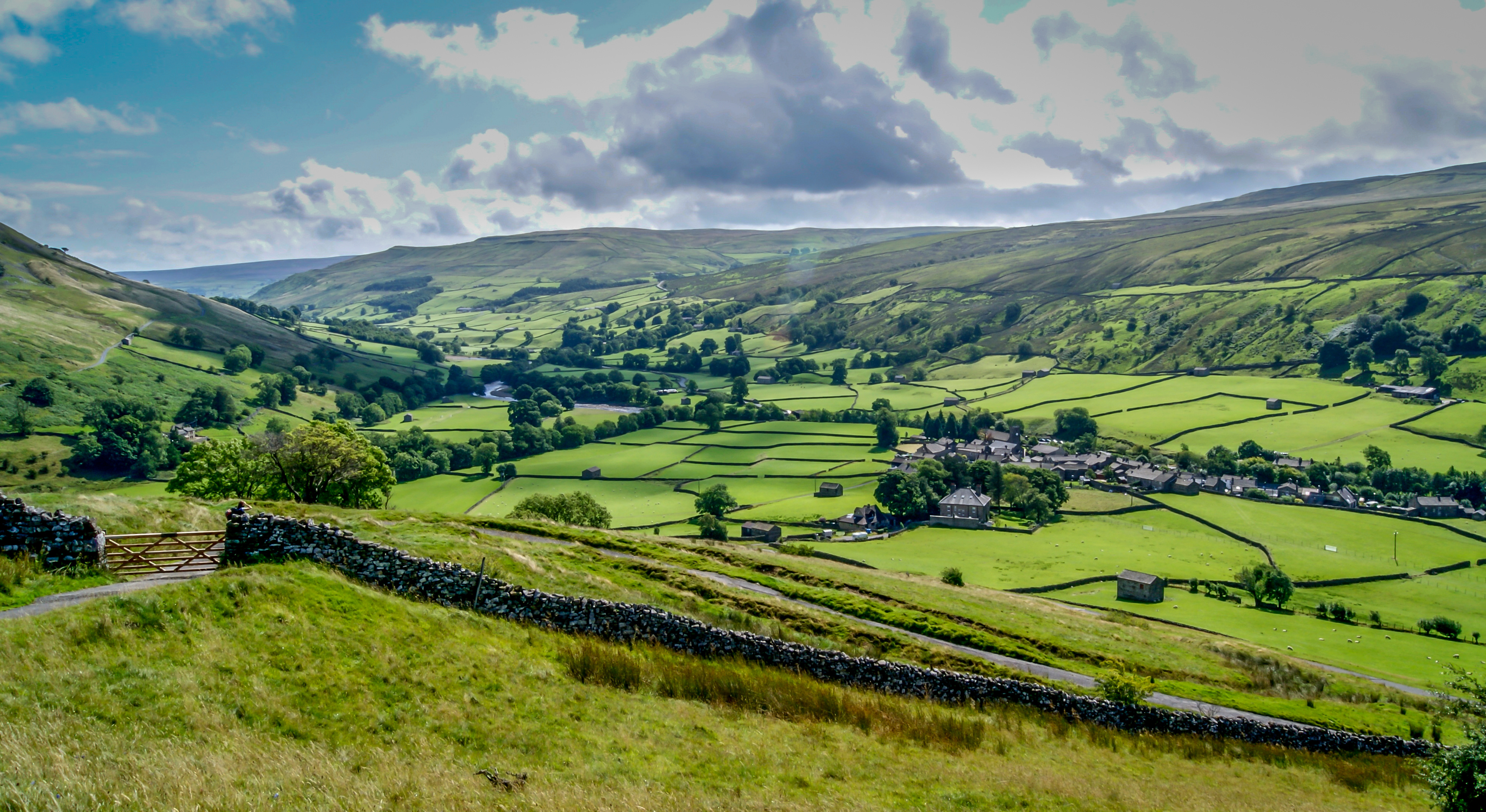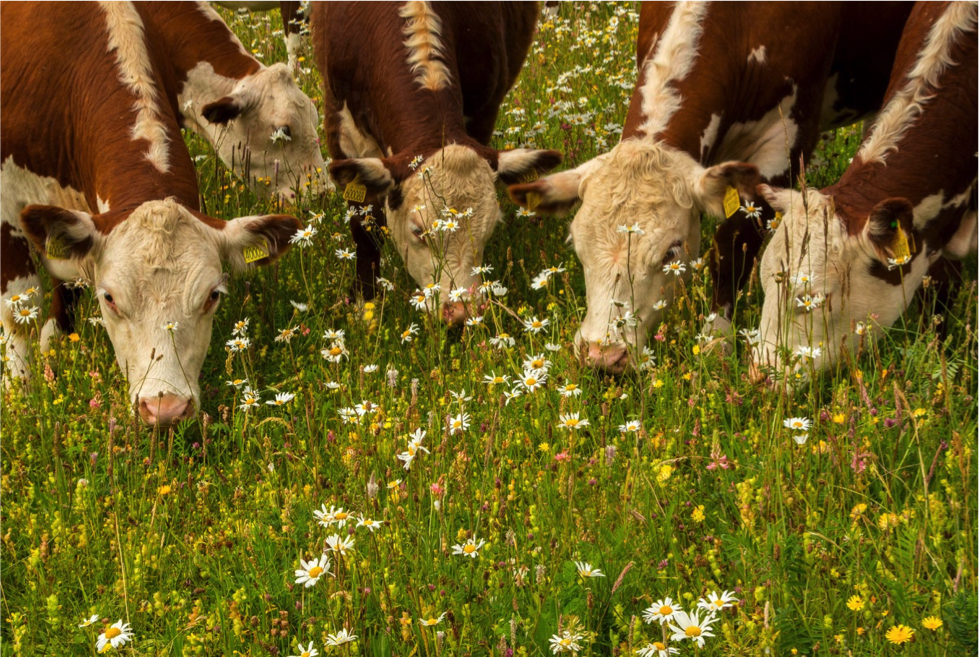



Editorial - synthetic meat may not be the answer to agriculture's climate woes
"To say that a diet free of 'real meat' and a Europe without livestock are answers to the challenges posed by climate change is inaccurate and could prove catastrophic for our nutrition, our territories, our environment, diversity and our culture."Debates around livestock and meat consumption are on the rise in Europe as well as in other western countries. As European professionals of the livestock sector, we acknowledge this fact and are doing our best to take action on societal demands and environmental concerns. More progress can – and will – be achieved.

As the UN Food Systems Summit approaches, we notice a push for synthetic, lab-grown meat from different opinion leaders outside of the farming community. Perceived by them as a true solution to our environmental challenges, synthetic meat production is strongly promoted by tech tycoons among others, who have made powerful statements in favour of synthetic meat and are actively investing in the sector. This high-tech vision, for meat production which has been gaining traction in recent years is, paradoxically, quite poorly explained in the public arena.
For us, European livestock professionals, this point of view and the model it supports, must be debated in public fora so that all social, environmental, economic, and public health impacts are publicly known. To say that a diet free of “real meat” and a Europe without livestock are answers to the challenges posed by climate change is inaccurate and could prove catastrophic for our nutrition, our territories, our environment, diversity and our culture.
Opinion leaders who promote synthetic meat unanimously purport that the science is set when it comes to the future of livestock. They seem to think that the debate within the scientific community would unequivocally support an end to livestock breeding. This vision may be promoted by some media too, but the broader corpus of academic research clearly contradicts these allegations. The same opinion leaders often overlook the fact that livestock farmers, especially in Europe, are long-term adopters of innovation and are taking action, using technology and other solutions, to improve the sustainability of their operations and the welfare of their animals. The European livestock sector has achieved a reduction of CO2 emissions from production every year through a wide range of measures and initiatives, despite low incomes accorded to farmers. In fact European agriculture has successfully increased its overall production by 25% since 1990 while at the same time reducing its greenhouse gas emissions by 20% over the same period.

We must consider, in terms of health, the complex nutrients naturally found in meat (vitamins, oligo-elements…) which would be hard to replicate. Let’s also consider the food security concerns that a shift to synthetic meat could generate in countries relying on our livestock and meat exports, not to mention the growing imbalance it could create between the different players of the supply chain or the impact it could have on meat protein affordability for consumers.
Furthermore, assessing all the social, environmental and economic aspects related to an abandonment of the European livestock sector is an extremely complex process, even for agricultural and animal scientists. In all scenarios, however, there are at least three definite consequences to a shift towards 100% synthetic meat:
Europe will lose a circular bio-economy champion
Livestock plays many valuable roles that would otherwise disappear. By valourising food-chain by-products, livestock contributes to a more efficient agriculture. The recycling or some say "upcycling" of biomass from resources such as grass, straw and bran that are inedible for people is an important process. If not consumed by livestock, these residues and by-products could quickly become an environmental burden in themselves, as human demand for processed foods increases.
The livestock sector not only produces food but also a wide range of by-products, starting with manures and other effluents. Today, 40% of the world’s cultivated areas use organic fertilisers from livestock production. A Europe without livestock will therefore lead to a significant increase in the use of synthetic fertiliser. Many other lesser-known by-products will be hard to replace without high environmental, economic and social cost – think of leather (replaced by fossil fuels-based products), pharmaceutical ingredients (replaced by synthetic ones), etc. Is this the model of society envisioned by the Green Deal?
Rural Europe will be depleted and food production will be concentrated in the hands of a few food tech companies
Today livestock is a key component of rural Europe. Livestock is present in almost all regions across Europe in a wide diversity of production systems according to local economic, geographical and sociological contexts. The livestock sector contributes substantially to the European economy (€168 billion annually, 45% of the total agricultural activity, to the trade balance and creates employment for almost 30 million people. Without livestock, the rural exodus will accelerate, putting additional population pressure on our cities, and fuelling a greater disconnection with nature and our cultural heritage.

The synthetic meat revolution that is envisioned will not be an open-source system. Synthetic food will be highly engineered, ultra-processed and developed through patents. It is therefore certain that a “100% synthetic meat” society would be a society in which production would be concentrated, relocatable and disconnected from nature and rurality. If philanthropy guides the idea of a livestock-free society, then it must also share patents and technologies with everyone, especially developing countries.
The carbon footprint of our meals will not see the substantial decrease promised by synthetic replacements
From a climate change perspective, a world without livestock would likely not be the world we are aiming for. Without ruminants, the maintenance of our pastoral meadow and hedgerow landscapes would become extremely difficult in Europe. Livestock regulate the ecological cycles, close the nutrient cycle, and improve soil fertility and carbon sequestration by recycling and using manure as a bio resource and using grasslands not suitable for crops. In mixed crop and livestock areas, grasslands rotations also have the function of cutting off the cycle of crop pests, allowing farmers to reduce the use of pesticides.
In addition, there has been little evaluation of the carbon footprint of synthetic meat alternatives, which may not be as good as first expected. From where would the serum to produce cultured tissues come? How much energy would be needed to make those tissues grow? What antibiotics, fungicides, or hormones would be needed to control the production?
If we truly want to make a difference in terms of the climate impact of meat protein production, then we need to invest in innovation for livestock farming. Our sector itself is keen to further innovate and committed to continuous efforts to further reduce its impact. The ability to reduce emissions and impacts within our sector dwarfs any impact an alternative meat can achieve.
To conclude, allow us to quote Jean-Louis Peyraud, French agronomist from INRAE, who said in 2017:
“A world without livestock farming is just a short, medium and long-term utopia. It is time for us to come back to more realistic positions based on facts. Removing livestock farming would be absolute nonsense for humanity. But it does not mean that we do not need to improve our way of rearing animals, to respect them, to offer them a decent life and make sure that their slaughter is done without pain or stress. We have to continue to research and innovate in order to reduce the negative impacts of livestock farming and increase the services it provides to our societies.”


